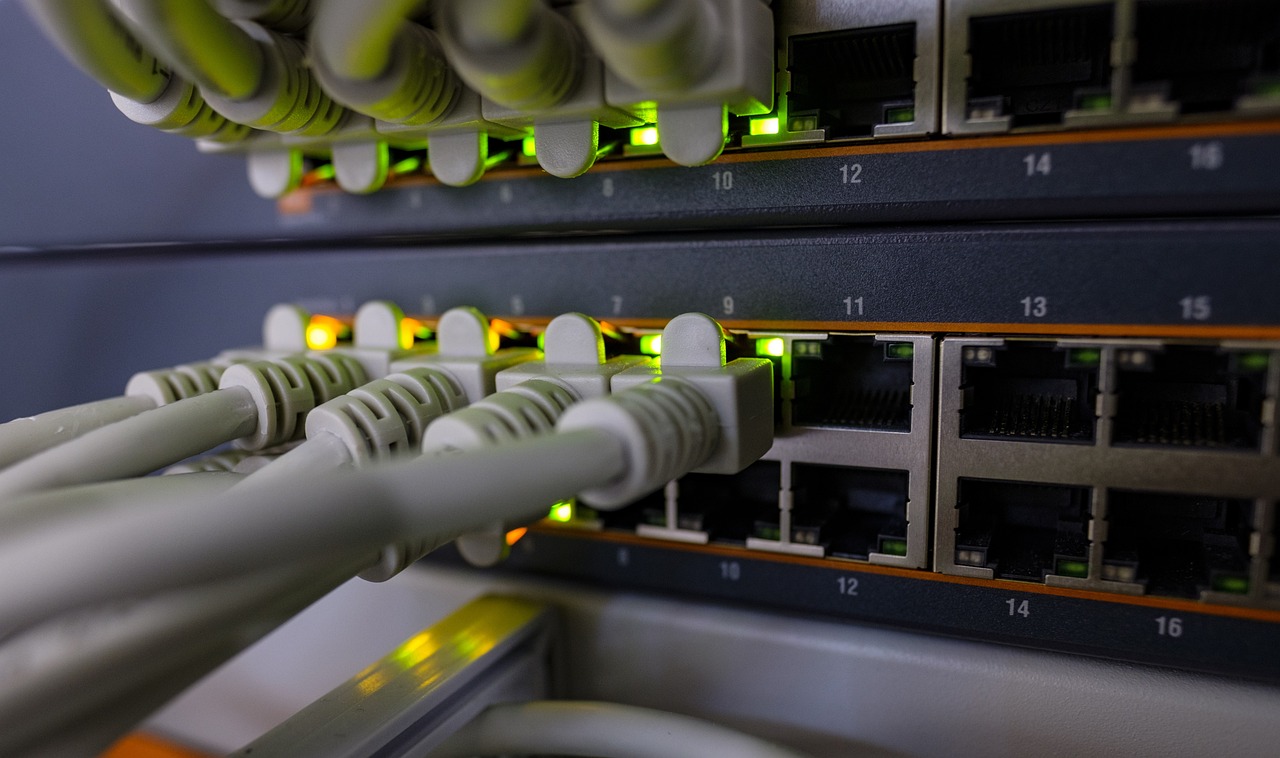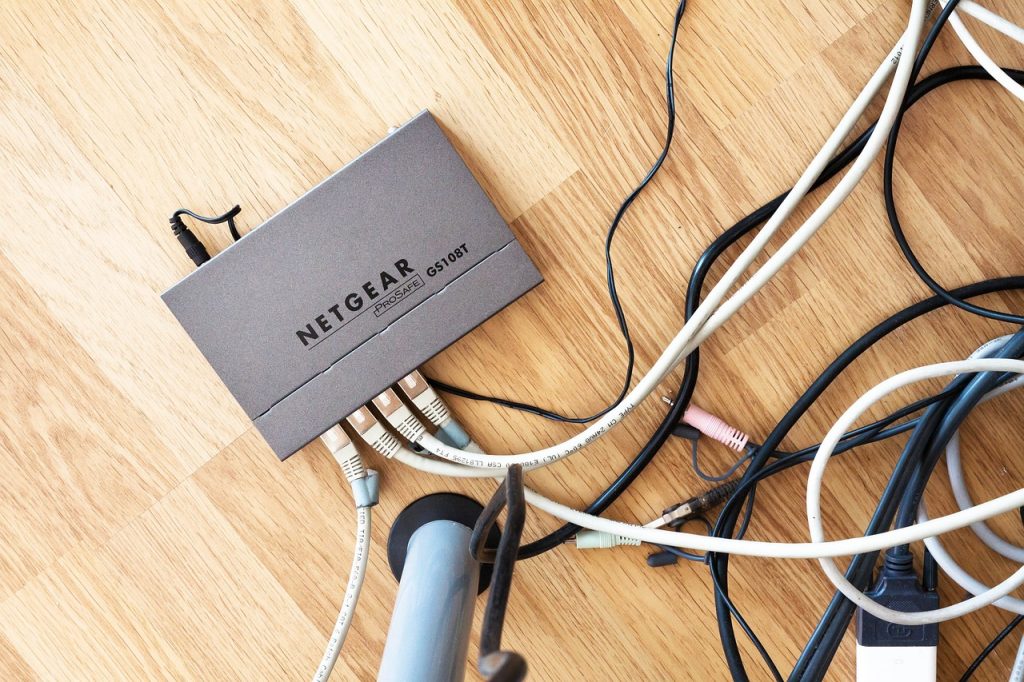Why a Good Wi-Fi Router is Essential
Reliable Wi-Fi is crucial for seamless internet connectivity, enabling enhanced productivity, immersive entertainment, and seamless smart home integration. A high-quality Wi-Fi router can make a significant difference in ensuring fast and stable internet connections throughout your home or office.
Enhanced Speed and Performance
Investing in a robust Wi-Fi router can deliver numerous benefits, including:
- Faster Download and Upload Speeds: Advanced routers with the latest Wi-Fi standards (e.g., Wi-Fi 6) can provide significantly faster internet speeds, allowing for smoother streaming, quicker file transfers, and better overall performance.
- Improved Responsiveness: A powerful router can reduce latency and lag, ensuring a more responsive online experience, especially for real-time applications like video conferencing and online gaming.
- Concurrent Device Support: Modern routers with MU-MIMO technology can handle multiple devices connected simultaneously without compromising performance.
Better Coverage
Another critical aspect of a good Wi-Fi router is its coverage area. Larger homes or offices often require a router that can provide reliable signal strength throughout the entire space.
| Router Type | Typical Coverage Area |
|---|---|
| Basic Router | 1,000 – 1,500 sq. ft. |
| Mid-Range Router | 1,500 – 2,500 sq. ft. |
| High-End Router | 2,500 – 5,000 sq. ft. |
Investing in a router with advanced antenna design and high-powered amplifiers can ensure seamless connectivity even in hard-to-reach areas of your home or office.
Key Features to Look for in a Wi-Fi Router

When selecting a Wi-Fi router, it’s essential to consider the following key features:
Dual-Band vs. Tri-Band
Dual-band routers operate on both the 2.4 GHz and 5 GHz frequency bands, providing a balance between range and speed. Tri-band routers add an additional 5 GHz band, offering even greater bandwidth and device support.
| Feature | Dual-Band Router | Tri-Band Router |
|---|---|---|
| Frequency Bands | 2.4 GHz and 5 GHz | 2.4 GHz, 5 GHz, and 5 GHz |
| Bandwidth | Up to 1.2 Gbps | Up to 1.8 Gbps |
| Simultaneous Device Support | Good | Excellent |
| Recommended Use | Small to Medium Homes | Large Homes and High-Density Areas |
MU-MIMO Technology
MU-MIMO (Multi-User, Multiple-Input, Multiple-Output) is an advanced Wi-Fi technology that enables routers to communicate with multiple devices simultaneously, resulting in:
- Improved Throughput: MU-MIMO routers can deliver faster and more efficient data transfers to all connected devices.
- Enhanced Performance: MU-MIMO reduces network congestion, ensuring a smooth and responsive online experience.
- Better Device Connectivity: MU-MIMO can handle a larger number of devices without compromising overall network performance.
Top Wi-Fi Routers for Seamless Connectivity
Here are some of the top Wi-Fi routers that offer exceptional performance and reliability:
Router 1: Asus RT-AX88U
Overview: The Asus RT-AX88U is a powerful Wi-Fi 6 router that delivers lightning-fast speeds and comprehensive coverage. It boasts a 8-stream design, 1.8 GHz quad-core CPU, and OFDMA technology for efficient data transmission.
Performance: With AiMesh support and AiProtection Pro security, the RT-AX88U provides consistent speeds up to 6 Gbps and can handle over 50 connected devices without issue. It’s a great choice for large homes and high-density environments.
| Specification | Value |
|---|---|
| Wi-Fi Standard | Wi-Fi 6 (802.11ax) |
| Dual-Band | Yes (2.4 GHz and 5 GHz) |
| Wireless Speed | Up to 6 Gbps |
| Ethernet Ports | 8 Gigabit Ethernet Ports |
| Processor | 1.8 GHz Quad-Core CPU |
Pros:
- Exceptional Wi-Fi 6 performance
- Robust coverage and capacity
- Comprehensive security features
- Excellent value for the price
Cons:
- Complex setup for novice users
- Bulky design may not fit all environments
Router 2: Google Nest WiFi
Overview: The Google Nest WiFi is a compact and user-friendly mesh Wi-Fi system that provides seamless whole-home coverage. It features a sleek design and intelligent mesh technology to ensure reliable connectivity throughout your living space.
Performance: The Nest WiFi delivers fast and consistent speeds up to 2.2 Gbps, with intelligent mesh nodes that can automatically adjust to provide the best possible coverage. It’s an excellent choice for medium to large homes and families who value ease of use and smart home integration.
| Specification | Value |
|---|---|
| Wi-Fi Standard | Wi-Fi 5 (802.11ac) |
| Dual-Band | Yes (2.4 GHz and 5 GHz) |
| Wireless Speed | Up to 2.2 Gbps |
| Ethernet Ports | 2 Gigabit Ethernet Ports |
| Processor | Quad-Core CPU |
Pros:
- Intuitive setup and management
- Seamless whole-home coverage
- Compact and stylish design
- Tight integration with Google ecosystem
Cons:
- Limited Ethernet ports
- Older Wi-Fi 5 technology
Router 3: Netgear Nighthawk AX12
Overview: The Netgear Nighthawk AX12 is a high-end Wi-Fi 6 router that delivers exceptional performance and advanced features. It boasts a 12-stream design, 1.8 GHz quad-core CPU, and 4×4 MU-MIMO technology for ultra-fast connectivity.
Performance: With speeds up to 6 Gbps, the Nighthawk AX12 is capable of handling multiple 4K/8K video streams, seamless online gaming, and rapid file transfers simultaneously. It’s an excellent choice for large homes, smart home enthusiasts, and power users who demand the ultimate in Wi-Fi performance.
| Specification | Value |
|---|---|
| Wi-Fi Standard | Wi-Fi 6 (802.11ax) |
| Dual-Band | Yes (2.4 GHz and 5 GHz) |
| Wireless Speed | Up to 6 Gbps |
| Ethernet Ports | 4 Gigabit Ethernet Ports |
| Processor | 1.8 GHz Quad-Core CPU |
Pros:
- Exceptional Wi-Fi 6 performance
- Powerful 12-stream design
- Advanced MU-MIMO and OFDMA
- Comprehensive feature set
Cons:
- Higher price point
- Complex setup and configuration
How to Set Up Your Wi-Fi Router for Optimal Performance

Properly setting up your Wi-Fi router can help ensure optimal performance and reliable connectivity throughout your home or office.
Placement Tips
The location of your router can significantly impact its coverage and performance. Here are some tips for optimal placement:
- Centralize the Router: Place the router in a central location, away from walls, floors, and other obstructions.
- Elevate the Router: Mount the router off the ground or on a shelf to improve signal propagation.
- Avoid Interference: Keep the router away from microwave ovens, cordless phones, and other wireless devices that can cause interference.
- Optimize Antenna Positioning: Adjust the router’s antennas to point in different directions for better coverage.
Configuration Settings
Adjusting the router’s configuration settings can also help optimize performance. Some recommended settings include:
| Setting | Recommended Value |
|---|---|
| Wireless Channel | Choose a less congested channel for both 2.4 GHz and 5 GHz bands |
| Wireless Mode | Enable the latest Wi-Fi standard (e.g., Wi-Fi 6) |
| Channel Width | 80 MHz or 160 MHz for 5 GHz band for higher throughput |
| Beamforming | Enable to improve signal strength and coverage |
| QoS (Quality of Service) | Configure to prioritize important traffic like video streaming and gaming |
By following these placement tips and configuration settings, you can ensure that your Wi-Fi router is optimized for the best possible performance and seamless connectivity throughout your home or office.
Conclusion
Investing in a high-quality Wi-Fi router is essential for maintaining reliable and fast internet connectivity in today’s digital world. Whether you’re working from home, streaming content, or integrating smart home devices, a robust router can make a significant difference in your online experience.
When selecting a Wi-Fi router, consider factors such as wireless standards, coverage area, MU-MIMO technology, and overall performance. The top routers reviewed in this article offer exceptional capabilities and value to meet the diverse needs of homeowners and businesses alike.
Remember to optimize your router’s placement and configuration settings to ensure optimal performance and seamless connectivity throughout your living or work space. With the right Wi-Fi router in place, you can enjoy a superior internet experience and unlock the full potential of your digital devices and smart home ecosystem.

